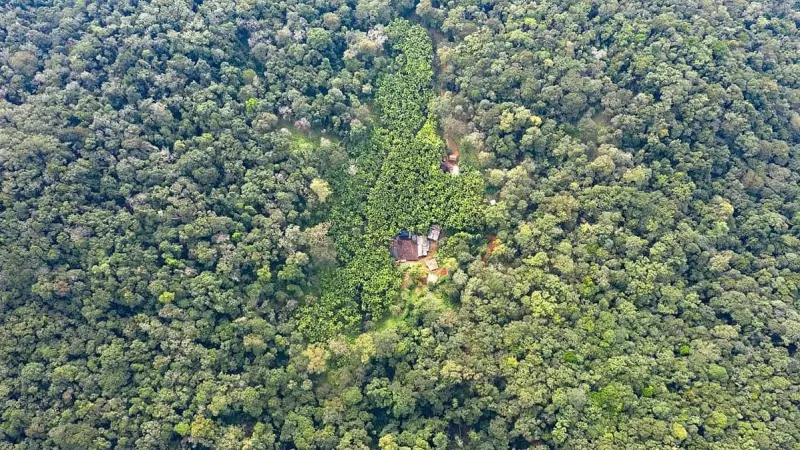
National Tiger Conservation Authority Takes Stern Stand
The National Tiger Conservation Authority (NTCA) has officially instructed the Karnataka forest department to take immediate action against unauthorized resorts operating within the sensitive ecosystem of Kali Tiger Reserve. This decisive move comes as a response to persistent complaints filed by environmental activist Giridhar Kulkarni, who has been raising concerns about these illegal establishments since March 2024.
Activist's Complaints Trigger Authority Intervention
Giridhar Kulkarni, a dedicated environmental activist, submitted two formal complaints in March 2024 highlighting the grave threat posed by illegal resorts within the protected tiger habitat. His persistent efforts have now culminated in the NTCA issuing a formal communication to the state's chief wildlife warden, demanding concrete measures to address these violations.
The authority's letter represents a significant escalation in addressing what conservationists have long described as a serious threat to one of India's important tiger landscapes. The Kali Tiger Reserve, located in Karnataka's Uttara Kannada district, is home to a significant population of Bengal tigers and other endangered species.
Implications for Wildlife Conservation
This development underscores the ongoing challenges in protecting India's critical tiger habitats from commercial encroachment. The presence of illegal resorts within protected areas not only violates environmental laws but also poses multiple threats to wildlife, including:
- Habitat fragmentation and destruction
- Increased human-wildlife conflict
- Disturbance to breeding and feeding patterns
- Potential for increased poaching activities
The NTCA's intervention demonstrates the crucial role that vigilant citizens and environmental activists play in safeguarding the nation's natural heritage. As the regulatory body overseeing tiger conservation in India, the authority's directive carries significant weight and expects compliance from state forest departments.
This case also highlights the importance of proper monitoring and enforcement mechanisms in protected areas, especially in ecologically sensitive regions like tiger reserves. The outcome of this directive could set important precedents for how similar violations are handled across India's network of protected areas.





